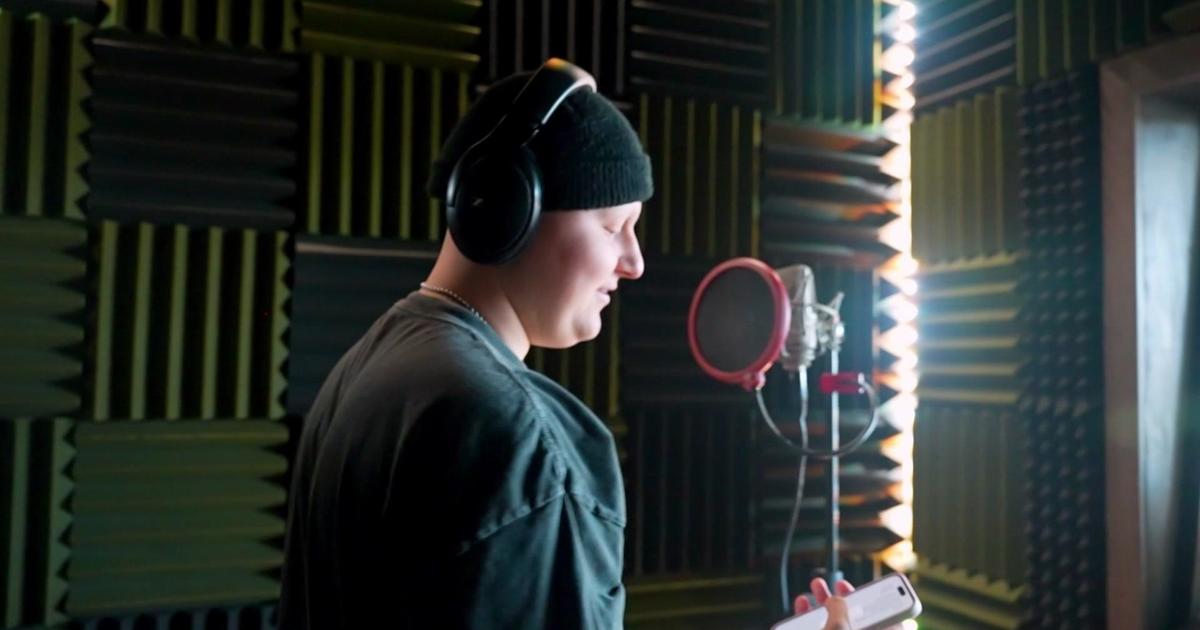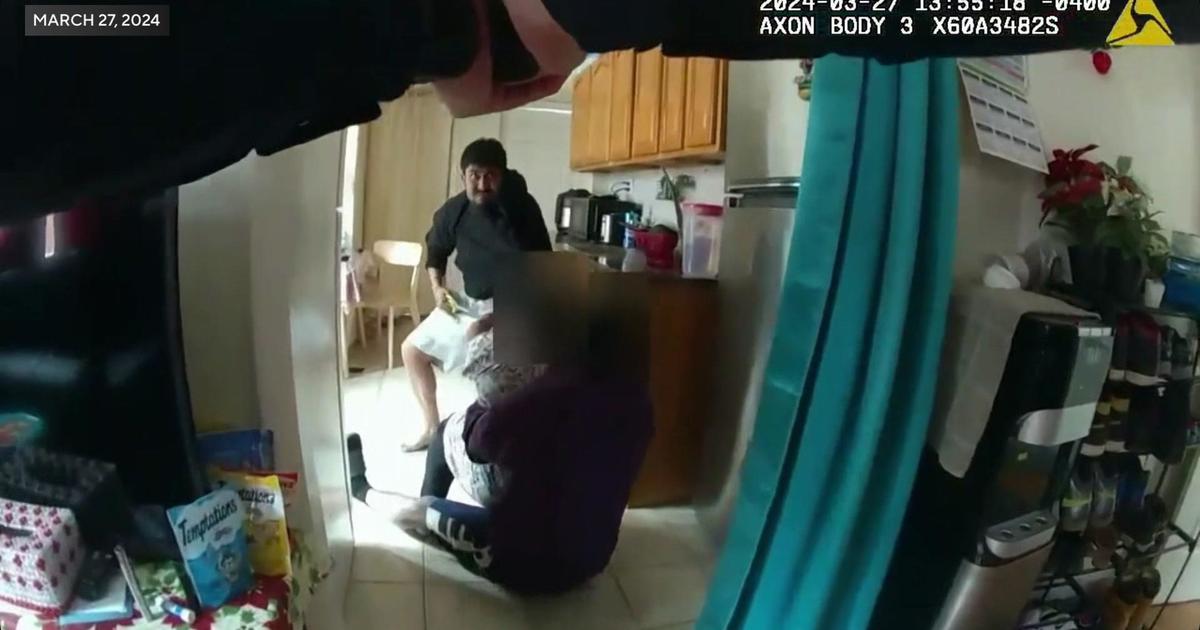Breakthrough research may help pediatricians identify babies at risk for sudden infant death syndrome
HACKENSACK, N.J. -- Doctors may be getting close to understanding sudden infant death syndrome, or SIDS, the unexplained death of an apparently healthy, less-than-one-year-old baby.
Groundbreaking research from Australia is being called a breakthrough in solving the medical mystery, CBS2's Astrid Martinez reported Friday.
It happens without a whimper or even a warning. A seemingly healthy baby goes to sleep, but doesn't wake up.
"SIDS, as the name implies, is sudden infant death syndrome, and that's where no known cause is responsible for a child's unfortunate death," said Dr. Pakkay Ngai, pediatric sleep specialist at Joseph M. Sanzari Children's Hospital in Hackensack, New Jersey.
"It's been very hopeful news, in the sense that we can now identify even more children who may be at risk for the potential for SIDS, or at least having apneas when they go to sleep at nighttime," Ngai said.
The study published in The Lancet medical journal found levels of an enzyme called BCHe were significantly lower in babies who later died of SIDS.
"They looked at blood spots as part of their newborn screening campaign, and compared children who went on to die from SIDS and compared them to controls. They found that this enzyme level of butyrylcholinesterase had a reduced activity level compared to normal children," Ngai said.
Ngai cautions more research needs to be done.
"We definitely have to sort of validate the study and we have to do more research into it," he said.
Around 3,400 babies in the U.S. die from SIDS every year, according to the Centers for Disease Control and Prevention.
Pediatricians advise parents to reduce the risk of SIDS by:
- Placing babies on their backs for all sleep times
- Avoiding loose clothing and blankets near the child's face
- Not over-swaddling, to avoid overheating
- Having the baby sleep in the parent's room, but not in the adult's bed
Doctors are hopeful the new findings will help identify newborns at risk for SIDS.



